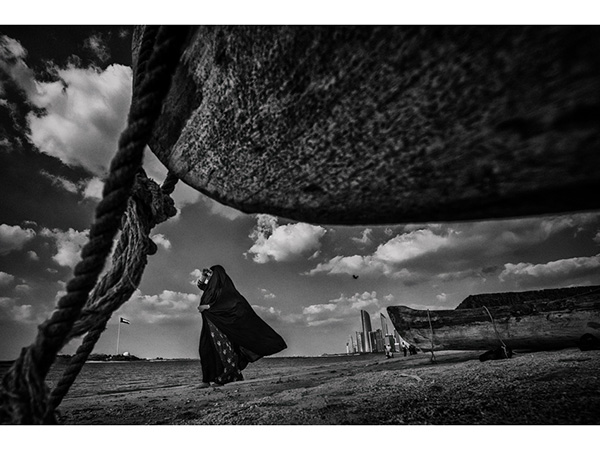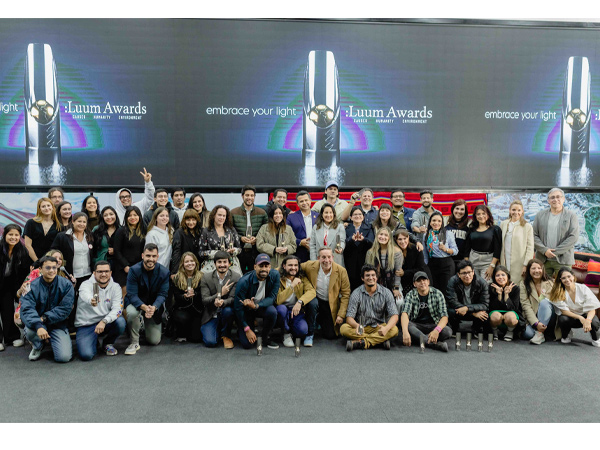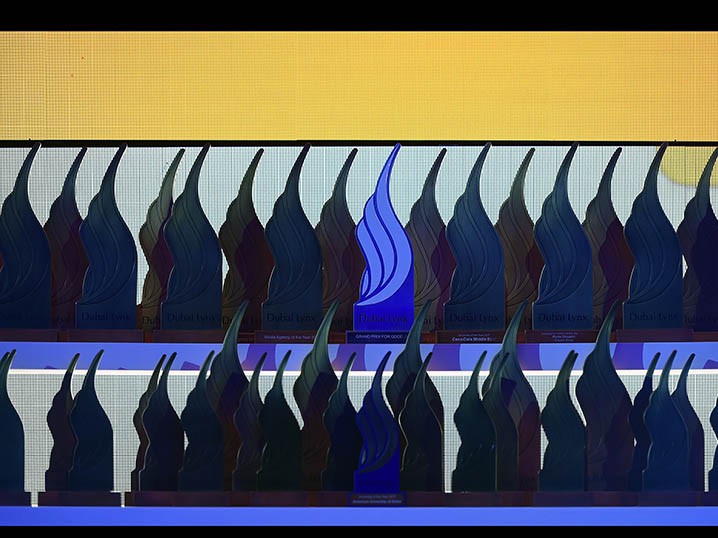News - Events
Dubai Lynx 2017: Caught in the headlights of Orientalism
by Iain Akerman
April 8, 2017

I’ve always enjoyed the Dubai Lynx. As a festival and a social occasion it remains unsurpassed anywhere in the region, although the loss of the Creative Club party came as something of a body blow.
In many ways the Lynx reveals what is great about the industry – the passion, the camaraderie, the creativity, the desire to do good. Yet, inadvertently perhaps, it also shines a light into the darker crevices of the advertising world. Was it acceptable for the winner of the film grand prix to be booed? Absolutely not! Were the sentiments that led to that booing justified? Yes.
There will always be disagreement and disappointment when a group of people judges the work of others. This is an indisputable fact. Yet the Zespri Kiwifruit films were so clearly undeserving of a grand prix that it is only right that questions are asked. As Paul Shearer, group chief creative officer at Memac Ogilvy MENA, says, the Dubai Lynx is a show that must be protected, and the best way to do that is to ensure that the best possible standards are upheld.
Whichever way you look at it, a grand prix should represent the outstanding, not the slightly quirky or comical.
The film category, however, has been particularly troublesome over the course of the past few years, particularly in relation to what did and didn’t win.
For example, why did Aziz Al Jasmi’s work for Zain Kuwait not even make the film shortlist last year? Why did Kairo win a film gold for its Molto campaign? How come J. Walter Thompson Cairo’s ‘Skenshayzar’ for Crunch brand got absolutely nothing? Why did Vodafone’s ‘Out of service’ pick up three golds in film craft but nothing in film? Perhaps the most perplexing was how M&C Saatchi’s work for Electricité de Zahlé was only awarded a silver. The latter is, for me at least, amongst the best the region has produced over the course of the past 10 years.
The same applies this year. Plus there is the added question of whether the choice of winners overall reveals a deep confusion with regards to the Middle East by the jurors. Were the juries in fact caught in the headlights of Orientalism? Is it time, as the director Ali Ali says, to introduce regional judges? I’d say yes.
But perhaps it’s not the fault of the jurors at all. Maybe the work – with exceptions of course – just isn’t good enough and we have over-inflated the perceived quality of the campaigns being produced in this region.
The great test of both the judging and the judges – as well as the work itself – will come at Cannes. How many of the grands prix will pick up on the south coast of France? Only time will tell, but we should be judging ourselves by global standards and not be reduced to the condescension of provincialism.
Topics
Recommended

Donell Gumiran announced as UAE's winner for the Sony World Photography Awards 2025

Effie celebrates ten years of championing campaigns that make a difference

Edelman and Ogilvy star at the Luum Awards, the global festival for purpose-driven communications






.jpg)



